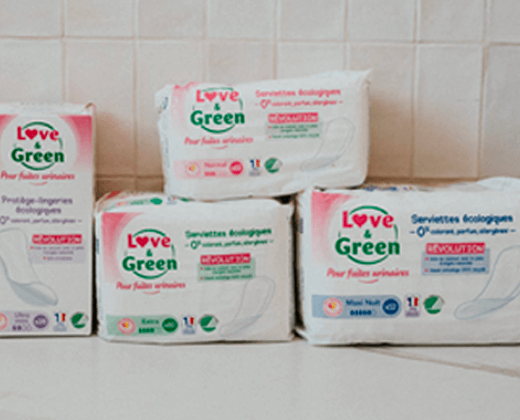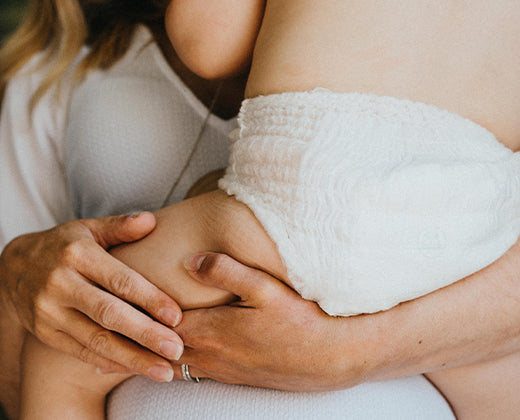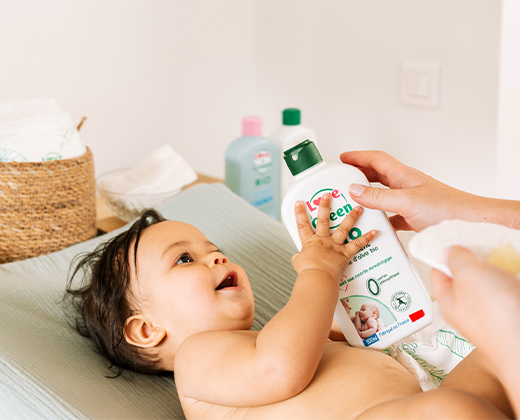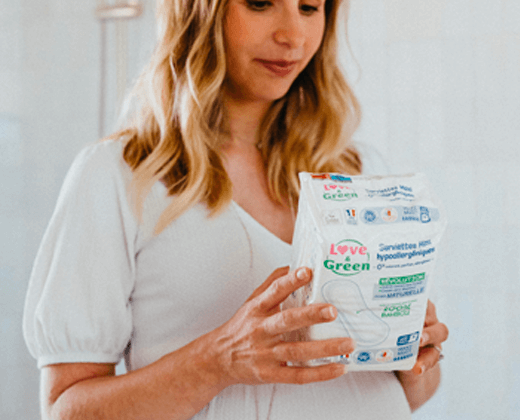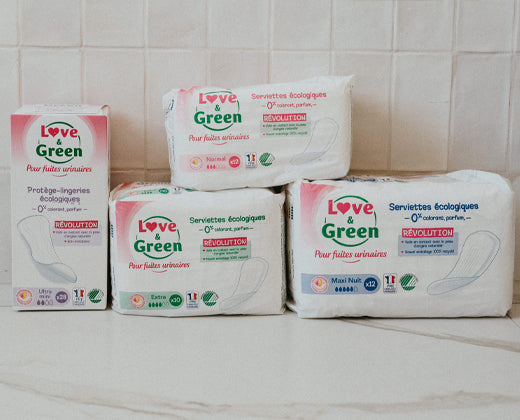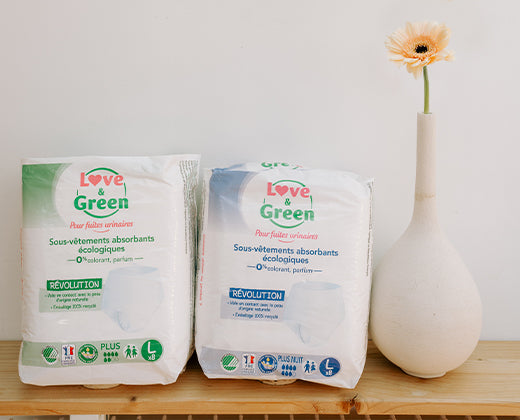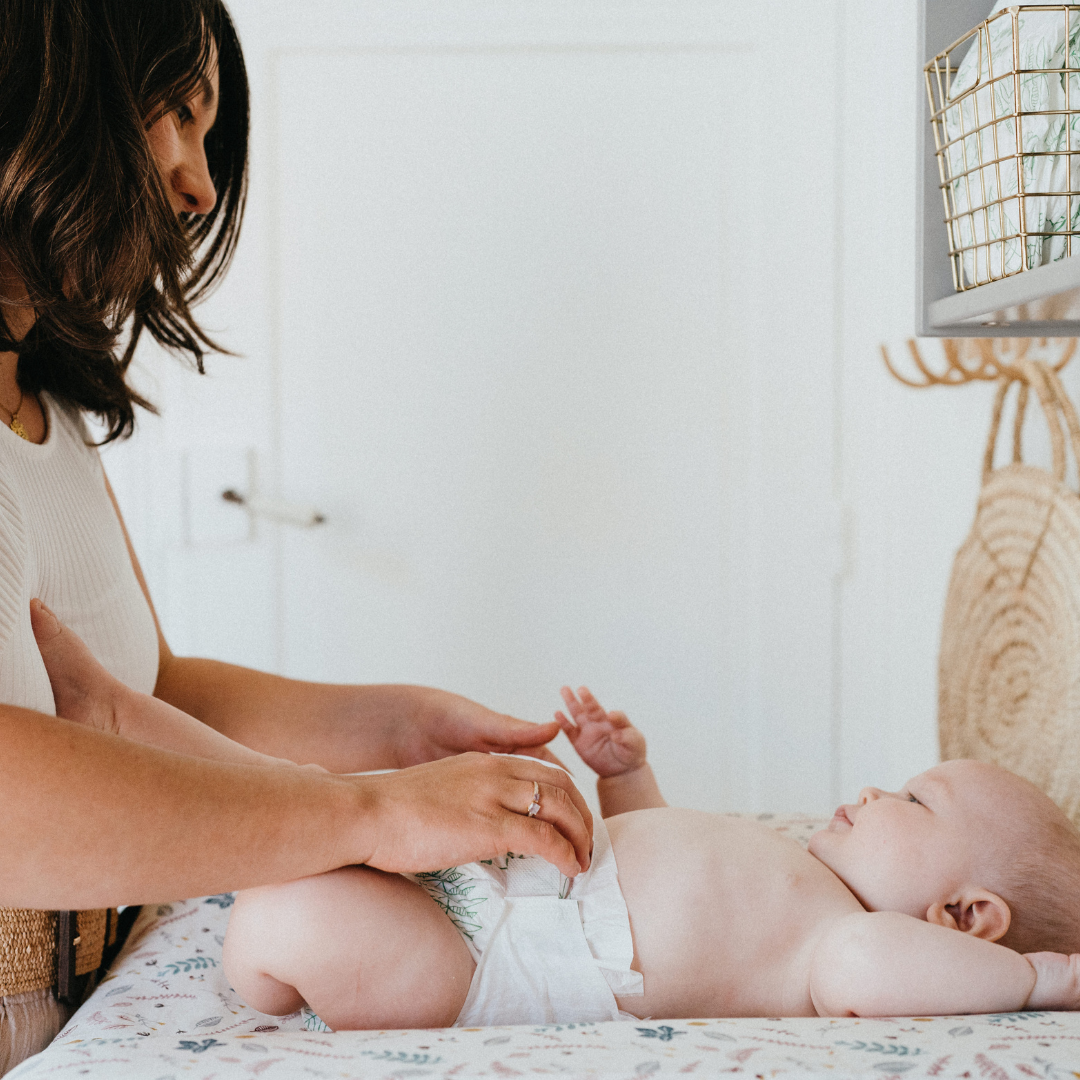THE baby crying are a very important source of worry and questioning among young parents: why is baby crying? Is he hungry? Does he hurt somewhere? How to calm a crying baby? You may be thinking that you did something wrong or misunderstood something? Rest assured: most of the time your baby's cries are only an expression of his needs which you can easily understand over time. Trust yourself. Here are some elements to help you overcome your fears and questions.
Should you let your baby cry?
A baby cannot speak but he can very quickly use his voice to be heard! At the beginning of his life, after a period of a few months in his mother's womb where all his needs were met, a child has no other choice if he wants to attract the attention of those around him than to cry.
However, crying is an integral part of the normal development of a baby who only has this way to express his needs and try to communicate with you in the first months of his life. THE baby crying would increase from the age of one week, to their peak between the age of 6 and 8 weeks, before decreasing and stabilizing around 5 months.
You will easily find how to calm your baby if you approach these often difficult first months calmly, especially for young mothers who may have accumulated fatigue. It is probably appropriate to change your own outlook on your baby's crying and seek reassurance first. Try to calm down infant crying if one is agitated or overwhelmed oneself has little chance of success.
As for the idea that has long been widespread in the West that babies should be left to cry: please forget it. It is agreed today that a child is not capricious and does not become so if you take him in your arms as soon as he cries. Quite the contrary. Letting him cry weakens him and puts him in a position of insecurity which can sometimes have dramatic repercussions on his health and development.
There is no miracle recipe for knowing how to calm a crying baby : follow your instinct by analyzing the situation as calmly as possible: in the majority of cases the crying will quickly subside.
The most common causes of infant crying
It is almost impossible to identify a precise cause for infant crying but over time you will understand how to comfort him by eliminating one after the other, sometimes instinctively and without thinking, the probable causes of this sometimes very noisy manifestation...
- Is the baby’s diaper clean? Can you imagine the discomfort felt by your child if his diaper is dirty, especially if his skin quickly reddens and stings upon contact with the soil? The solution is therefore simple and "triple count": the simple act of removing the dirty diaper is a relief for baby; changing is an opportunity to cuddle and communicate with you, which ultimately calms and relaxes him completely; finally the gentle contact with quality diapers soothes his irritated buttocks.
- Is he hungry or thirsty? Yes, crying is undoubtedly a very good way for your baby to tell you that it's time to cry. feeding ! He will quickly make you understand if it was because he was hungry that he was crying or if you need to look for another explanation...
- Is it too hot? You most often make sure that your baby does not get cold when you are out but you do not always realize the situations where he is, on the contrary, too hot, which can make him very uncomfortable and make him cry. It is generally not necessary to exceed 18 to 19°C in your room and to cover it too much at home.
- THE colic of the infant: the digestive system takes a little time to fully mature and the posture in which a baby is fed can cause gas and constipation. This digestive discomfort is generally expressed by certain types of crying that you easily recognize and which are relieved in a few moments when the gas is evacuated. You can help your baby by gently massaging his stomach after feeding.
- Fatigue: you must be familiar with this state of exhaustion linked to the comings and goings of loved ones, the noises and daily activities, meals and changing clothes? Well, your baby also "breaks down" from time to time in the face of the agitation to which he was not accustomed in his mother's womb and his cries may simply be an expression of his need to be calm. Take the opportunity to go and relax too...
- Teething: from the age of 5 months, if your baby salivates profusely, has red cheeks and swollen gums, there is no doubt it is his teeth that are working on him. A teething ring can help him relax and do him good by massaging his mouth.
- The “evening cries”: mixture of colic of the infant and separation anxiety, this crying attack which recurs every day at nightfall is difficult to manage for parents who have already accumulated the fatigue of the day. The best solution here is to take turns between parents to console baby or involve a third person who gives more peace of mind!
- Gastric problems: babies sometimes suffer from digestive problems. Gastroesophageal reflux is painful and makes him cry. Contact your pediatrician to treat this problem and agree on the right actions in case of pain.
- Crying accompanied by other symptoms: in 5% of cases, infant crying may indicate a medical problem. You will usually notice that your baby is not crying as usual and this will alert you. You may also notice other associated symptoms that will convince you to call your doctor, including if your baby has a temperature, if he becomes very pale, if his mucous membranes are very red, if he cries with his mouth wide open, if he no longer has an appetite or if he loses weight.
Comforting baby by holding him in your arms: the pros and cons
Should we take baby in your arms when he cries? The answer is definitely YES!
Unless you yourself are too distraught and stressed when faced with your baby's crying (in which case you will not be able to soothe him and the crying will on the contrary intensify), contact is essential to console your baby, regardless of why he or she is crying.
It doesn't necessarily mean stopping what you're doing to pick him up and focus your attention on him: you can place him on your stomach or behind your back while you're busy doing something else. The majority of recent pediatric studies on intensive mothering show that babies who are held most of the time, up to 80% of the day, calm down much more quickly than babies who have little physical contact with their parents.
Of course it's about knowing how to adapt on a case-by-case basis to what is most comfortable for each member of the family and to the type of mothering that best suits both the child and the parents. Over-mothering can also be distressing for some babies.



